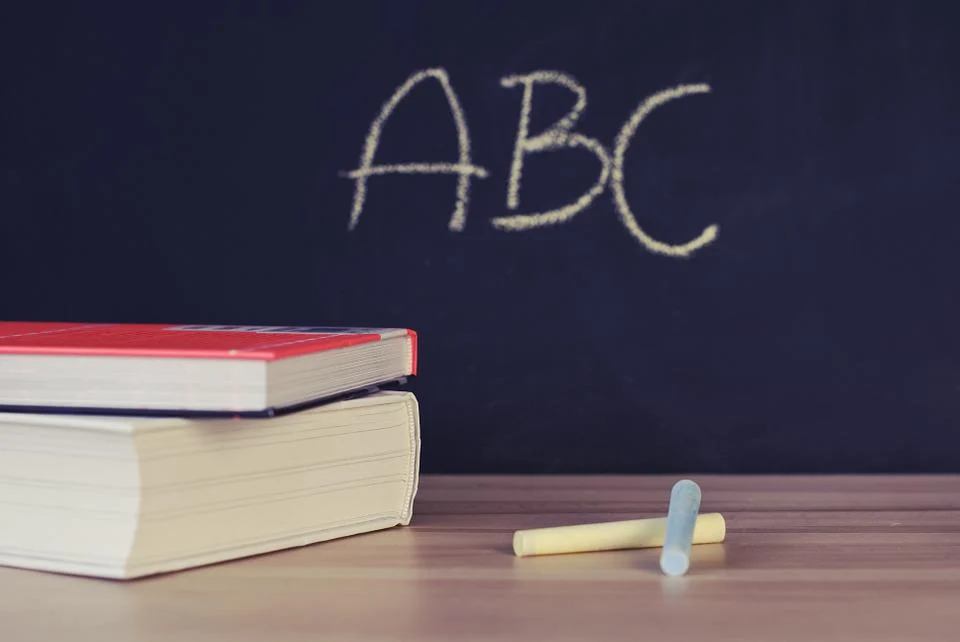As the debate over school choice in Texas heats up ahead of the upcoming legislative session, lawmakers have filed the first bills addressing the issue.
So far, three bills have been filed to expand the education options available to K-12 students and their families.
State Reps. Matt Shaheen (R–Frisco) and Mayes Middleton (R–Wallisville), who was elected to the Texas Senate last month, have each filed bills that would create a special fund administered by a nonprofit organization to provide scholarships and financial assistance for certain students. The amount of aid would be equivalent to a percentage of the average annual expense per student in Texas public schools (about $10,000), and the program would be funded primarily by contributions from insurance companies subject to the state premium tax, whose liabilities would be reduced by commensurate tax credits.
Shaheen’s bill limits program participants to students who are economically disadvantaged, disabled, or have a parent on active military duty, but Middleton’s version would provide aid to any student enrolled in a public or charter school, with priority given to children with disabilities if there is insufficient funding.
Shaheen’s version also caps scholarships at 75 percent of the average annual expense per Texas public school student, whereas Middleton’s would provide the full amount of this expense.
Middleton’s bill would create an individual account for each participating student, and upon graduation from high school, any remaining balance could be used for college. If a participating student became ineligible for the program, the funds in their account would be forfeited and returned to the state.
Finally, the program created by Middleton’s bill could receive donations from individuals and appropriations from the Legislature in addition to tax credits from insurance companies.
Middleton’s bill was recently highlighted on Twitter by school choice advocate and American Federation for Children senior fellow Corey DeAngelis. He has repeatedly urged lawmakers to “fund students, not systems.”
Meanwhile, House Bill 557 by State Rep. Cody Vasut (R–Angleton) would reimburse parents for all educational expenses up to the amount they pay in state and local sales taxes during a year, provided they claim a deduction for such taxes on their federal income tax return.
According to the latest figures from the Texas comptroller and U.S. Census Bureau, the average household in Texas pays about $5,500 in state and local sales taxes every year, about half the average cost of tuition at Texas private schools. This sum is also much less than the standard deduction most people claim on their federal income tax return. For 2022, the standard deduction is $12,950 for individuals and $25,900 for couples who file jointly.
For these reasons, the effect of Vasut’s bill would likely be limited.
This past summer, more than 5,000 delegates at the Republican Party of Texas Convention designated as a legislative priority “the choice of schooling where the money follows the child without strings attached.”
Texas’ next legislative session begins January 10, 2023.





